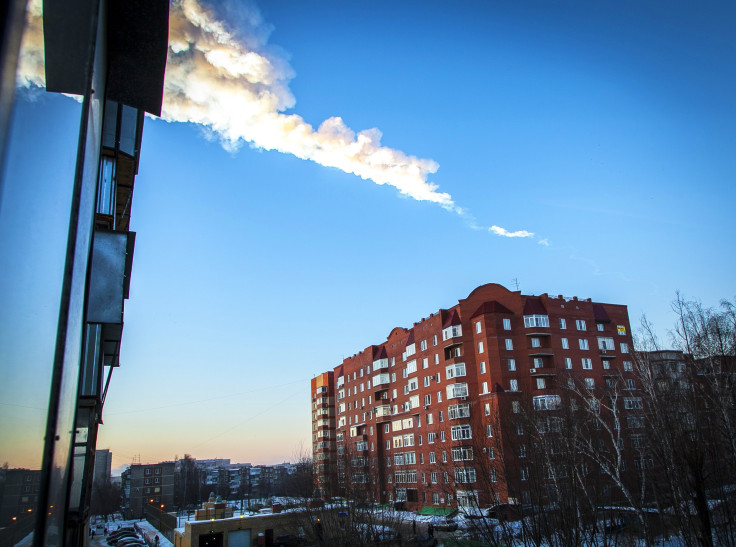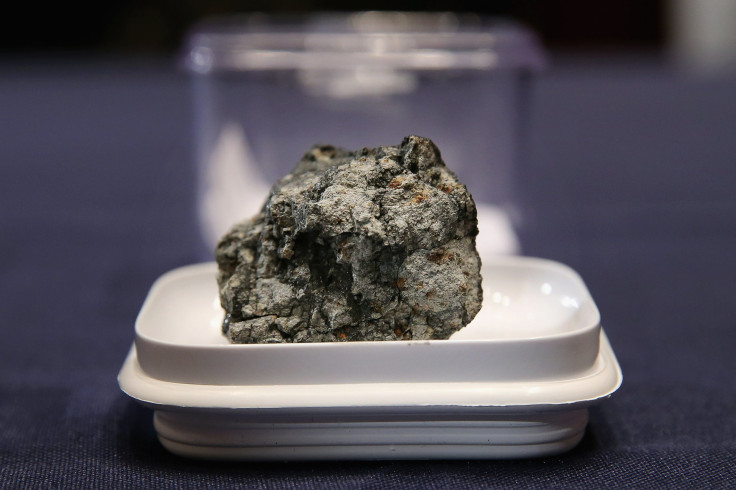Meteors Explode From The Inside Out When They Enter Earth’s Atmosphere

Earth’s atmosphere detonates space rocks from the inside out, exploding any meteor that dares to enter our planet’s airspace.
When a fireball goes screeching through the sky, it breaks up into pieces because air gets shoved into its nooks and crannies and blows it to smithereens, according to a team of scientists who made a model of Earth’s superhero-like defense system. Their new study in the journal Meteoritics & Planetary Science says that the high-pressure air the rock pushes against when it descends toward our planet moves deep inside it and “facilitates the breakup” by weakening it, representing a way our world naturally protects us from incoming objects.
The researchers were using a well-known fireball in recent history as an example of the process: a meteor that exploded over Chelyabinsk, Russia, in 2013 in a flash that appeared brighter than the sun. Its shockwave caused damage to buildings on the ground, as well as human injuries associated with that damage.
The meteor had an impact energy of about 440 kilotons, which is the equivalent of 440,000 tons of dynamite blowing up, according to a database of fireballs NASA has kept since 1988. The Chelyabinsk event is the largest one on the list, with an impact energy more than 10 times the next powerful explosion.
NASA also has the Chelyabinsk meteor listed as traveling almost 12 miles per second during its journey across the sky, before it broke into pieces that showered the area. Those remnants that landed on the ground are known as meteorites.

The new study says the original meteoroid from space was between about 55 feet and 65 feet across when it entered Earth’s atmosphere. The pieces that made it to the ground represented only about 20 percent of the initial rock.
“There’s a big gradient between high-pressure air in front of the meteor and the vacuum of air behind it,” study co-author Jay Melosh said in a statement from Purdue University. “If the air can move through the passages in the meteorite, it can easily get inside and blow off pieces.”
The porousness of a meteoroid and its makeup affects how it breaks up once it starts diving toward Earth, the scientists say, so much larger or denser objects might not have as much trouble getting all the way to the planet’s surface.

© Copyright IBTimes 2024. All rights reserved.



















